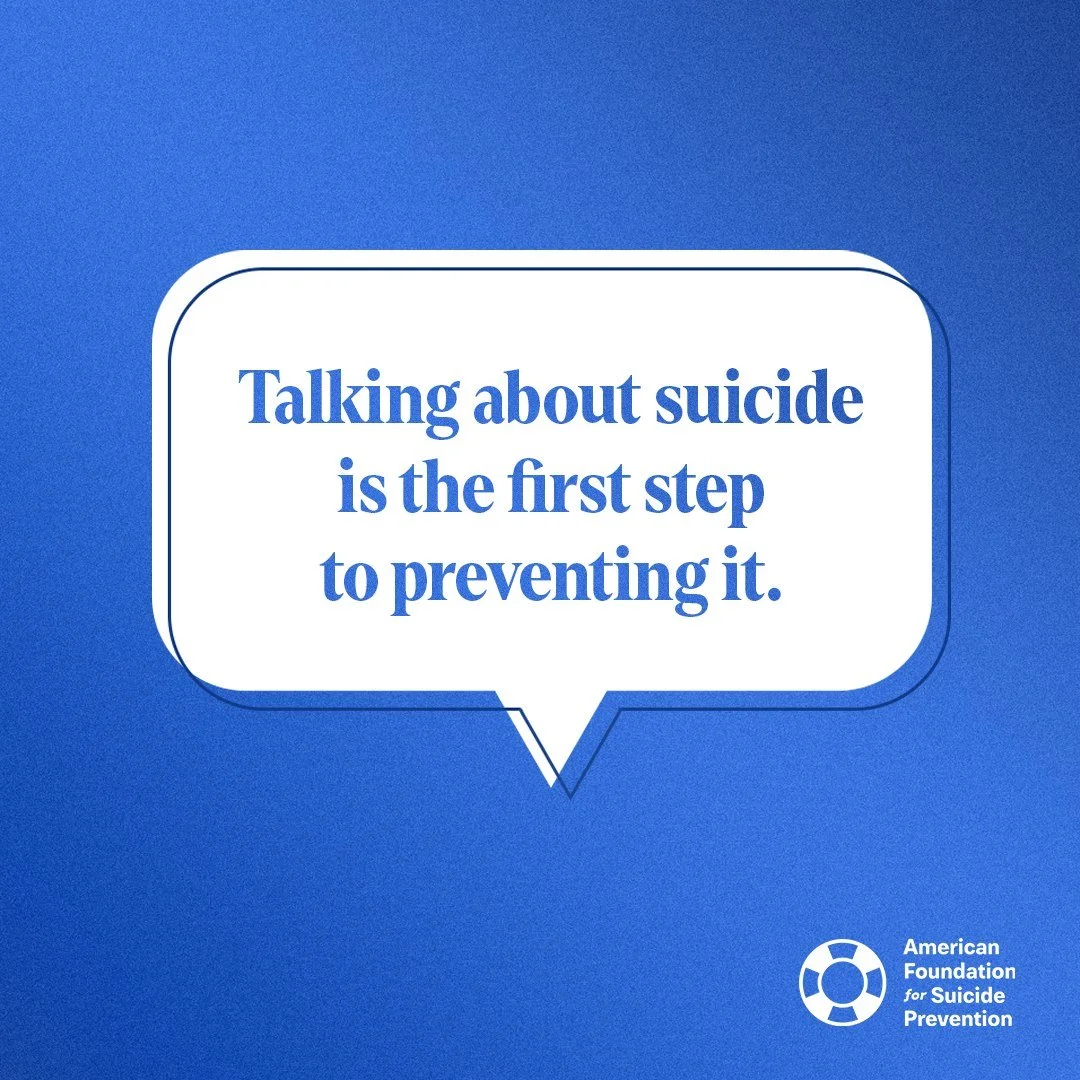
Blog
ADHD Awareness
October is National ADHD Awareness Month. ADHD stands for Attention-Deficit Hyperactivity Disorder. ADHD is a neurodevelopmental disorder, meaning it affects how the brain develops.
Postpartum OCD
Postpartum OCD is a mental health condition that can develop after childbirth and involves experiencing consistent intrusive thoughts/obsessions and compulsions related to the baby that impact functioning.
Suicide Prevention and Awareness
September is National Suicide Prevention and Awareness Month. According to the American Foundation for Suicide Prevention, suicide is the 11th leading cause of death in the United States.
Journaling for Mental Health
Writing down your thoughts and feelings can benefit your mood and mental health.
Coping with Back to School
Transitioning from the end of summer to going back to school can be a difficult time with students and parents.
CBT for Brain Injury
CBT teaches practical coping skills for managing emotions, improving effective communication, and problem-solving which can be areas of concern for people with TBI.
Cognitive Reappraisal
Cognitive reappraisal involves changing how a person thinks about, or appraises, a situation. This can be particularly helpful when dealing with a stressful or distressing situation…
How To Master Your Mind
We have little control over the thoughts that pop into our minds but we can learn to change how we relate to our thoughts.
Depersonalization-Derealization Disorder
Depersonalization is focused on yourself, and derealization is focused on the external world. Both experiences can include a sense of emotional detachment, feeling numb, or feeling distressed or confused.
CBT for ADHD in Children and Adults
CBT can help people with ADHD develop and practice long-term coping skills that can improve their daily functioning and quality of life.
Parent Mental Health and The Negative Effects on Children
There is a connection between the mental health of a parent, or primary caregiver, and a child.
What Are The Benefits Of Group Therapy?
Research has shown that group therapy is effective at treating a variety of concerns such as anxiety and depression.
Initiative vs. Guilt
People with higher levels of initiative may feel more empowered and in control of their daily lives whereas people with a high level of guilt may lack confidence, experience low self-worth, and have greater difficulty setting and accomplishing goals.
Dating With a Chronic Illness
The challenges of dating can be amplified when you're living with a chronic illness or disability.
CBT for Perimenopause and Menopause
Cognitive behavior therapy (CBT) is an evidence-based form of psychotherapy that can help manage perimenopause and menopause symptoms such as changes in mood and sleep difficulty.
False Memory OCD
False memory OCD is a subtype of OCD where a person experiences intrusive worries/doubts about their memory and then engages in compulsive behaviors aimed at neutralizing the anxiety they feel.
The Hedonic Treadmill
The hedonic treadmill, which is also known as hedonic adaptation, is the idea that people have a set level of happiness, and after increasing or decreasing in response to life events, happiness tends to return to the set level.
Prolonged Exposure Therapy
Prolonged exposure therapy (PE) is a specific type of cognitive behavioral therapy for trauma that teaches clients to gradually approach their trauma-related feelings, memories, and situations.
Stop Shoulding on Yourself
"Should thoughts" can create unrealistic expectations and a sense of pressure. Values based behavior that is not based on what sounds good or what someone else says creates more motivation. The next time you act or set a goal, check that expectations are realistic, balanced and based on your values.
Procrastination
Procrastination can lead to stress and missed deadlines. Learn how to stop procrastinating with simple strategies like the 5-Minute Rule and task breakdowns.




















